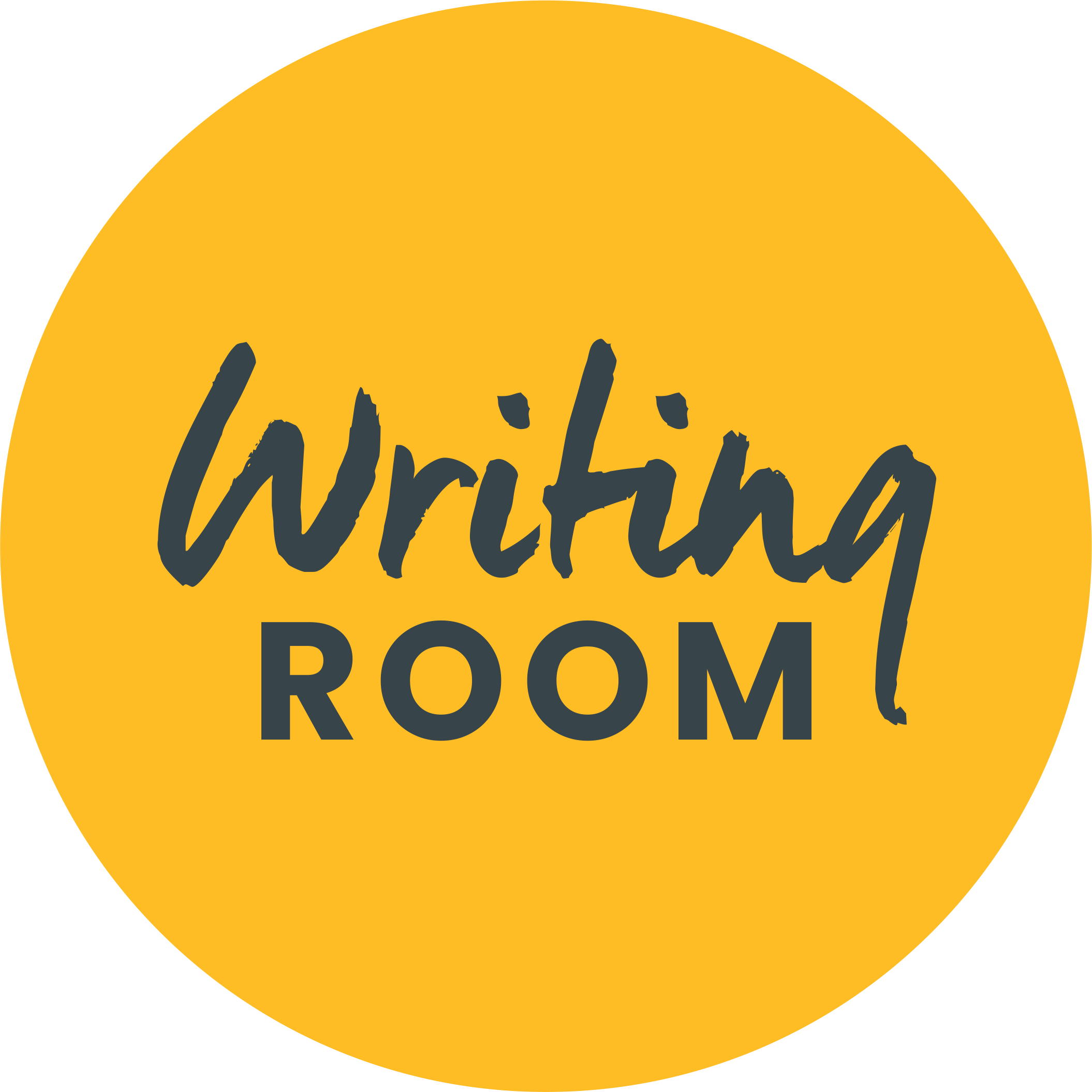Hello from Northamptonshire, John Clare country, where I hail from too.
I became a student at Paul Lyall’s Finding The Poem workshops after I learned of Writing Room Org UK from a flyer in ‘Ambit’ magazine. Below is a poem arising from one of the workshops which will serve as an introduction:
Second Life
Coming from the working class, I had a slow start at poetry:
infant school nursery rhymes; ‘O’ level Chaucer;
a framed print on my bedroom wall with the rhyme;
‘A wise old owl lived in an oak …’
‘A’ level sciences offered better job prospects.
Disillusioned, taking a chemistry degree,
I sought consolation, bought my first poetry book:
‘The Penguin Anthology of Contemporary Verse’ –
largely opaque but as seductive as sirens.
Later, poetry came alive in ‘Voices 3’ with its photos,
drawings, wide range of tangible poetry.
Needing to earn a living, poetry was sidelined
although work involved satisfying technical writing.
Then, years later, my parents died within a few weeks
of each other. Buddhism comforted: teachers used poems
in dharma talks; I wrote haiku, read a lot to find poems
to share. My previous outlets – painting, gardening –
ended due to arthritis. Then I realised writing poetry
could open the doors of creativity.
I took the OU course: ‘What is poetry?’, wrote some lines.
For a Clare Pollard course, drafted my first ballad,
nonsense poem, sonnet, dramatic monologue.
Kate Clanchy’s book: ‘How to Grow Your Own Poem’
inspired: so much craft to learn; so many poets to explore.
Now I write most mornings or when called to;
if I don’t, I feel unfulfilled.
Am I sorry that I didn’t write poetry earlier?
Yes, but I wouldn’t have several decades of life
to write about – childhood memories, parents to honour,
bearing witness to change.
Poetry is a second life.
Paul’s workshops at Writing Room are not like other online workshops which I have attended which usually focus on poems on a theme of the leader’s choosing plus writing exercises and prompts based on them. Paul, with verve and humour, leads you through a series of prompts to magically generate from within you two draft poems per session starting from blank pages.
The next poem began life in one of those workshops and is in the latest issue of ‘Orbis: International Literary Magazine’ #205:
Reflections on The Baptism of Christ; Piero della Francesca
Love stands
half-naked,
hands together;
a tilted bowl
and dove above.
Garlanded in flowers,
three angels hovering.
A golden glow
on the skyline.
John whispers
a blessing,
pours peace
over head and body.
Over head and body.
pours peace;
a blessing
whispered by John.
On the skyline,
a golden glow.
Three angels hovering,
garlanded in flowers
with a dove above
a tilted bowl.
Hands together,
half-naked,
love stands.
This year I’ve also had poems published in ‘Acumen’, ‘The Cannon’s Mouth’, ‘Reach’ and ‘The Dawntreader’ plus haiku in ‘Blithe Spirit’, ‘Hedgerow’, ‘Presence’ and ‘Reach Poetry’.
I would like to note some key resources I’ve used for my development in addition those in the first poem. They are:
‘How to be a poet’; Jo Bell and Jane Commane; Nine Arches Press; 2017. Very practical with a light touch.
‘The Poetry Society’ especially their ‘Prescription Service’ which critiques poems you send in and offers thoughts on the way forward.
‘The Poetry Library’ has books to borrow for free and a listing of poetry magazines and competitions you can submit to. Poets need to read and learn from a lot of poetry.
A brilliant series of recent articles in ‘Mslexia’ magazine on editing by Hannah Lowe, Patron of Writing at Writing Room. ‘Mslexia’ also offers two excellent concise guides on the craft of poetry.
Finally, a thank you to all the friendly, inspiring and helpful folk at Writing Room and to the students you get to meet and work with.
PS: you can find me @called_terry on Twitter/X

